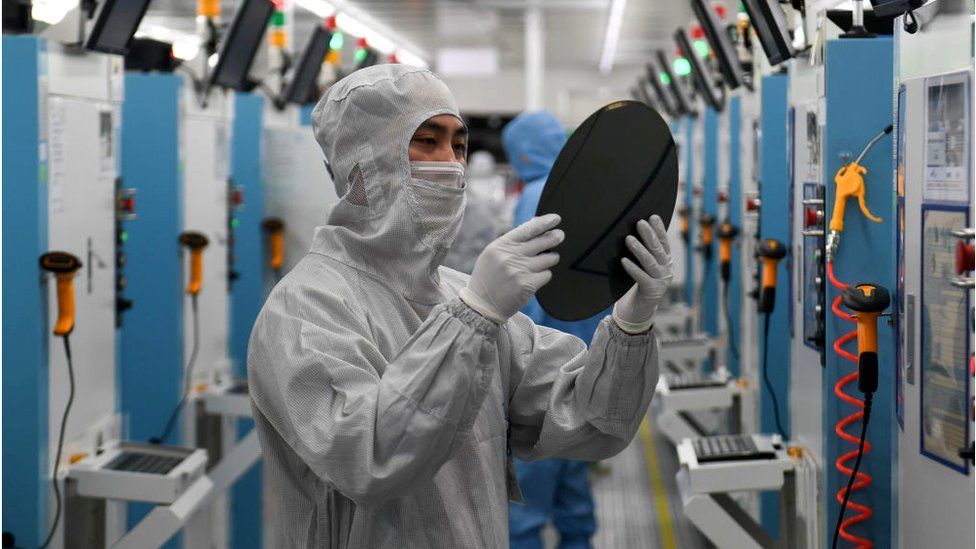|
Getting your Trinity Audio player ready...
|
According to recent data from Statistics Korea, South Korean semiconductor inventory has reached its highest point in 26 years. The country’s main export item, chips, has been hit hard by sluggish demand and economic uncertainties. The inventory-to-sales ratio of chips produced by local chipmakers rose to 265.7% in January, the highest since 1997. Exports of chips also decreased by 42.5% YoY to $5.69bn in February.
Samsung Electronics and SK hynix, the world’s two largest memory chipmakers, have seen their inventory surge around the same time. Industry sources state that Samsung’s inventory assets reached a record high of KRW 52.2tn ($4.03bn) in Q4 2022, up 26% compared to the previous year. Meanwhile, SK’s inventory assets also increased by 75% YoY to around KRW 15.6tn in the same period.
As a higher ratio usually suggests that companies face more difficulties in selling their products, chipmakers may have to reduce production or lower prices to maintain sales, leading to falling chip prices.
South Korea’s semiconductor industry is facing increasing pressure, with problems at home and abroad. Global chip prices are likely to drop further with the higher inventory-to-sales ratio, and investment pressure from the US is making matters worse. Samsung and SK are taking a cautious stance towards the US government’s latest announcement on the specifics of the CHIPS for America Funding Opportunity, as it could endanger their global businesses, including their significant operations in China.
The US subsidies program can be considered a “poisoned chalice” for the world’s two largest memory chipmakers, as they are heavily reliant on their Chinese facilities in manufacturing memory chips. Samsung produces around 40% of its total NAND flash memory at its plant in Xi’an, China, while SK produces half of its total DRAM in Wuxi, China.
In the US, Samsung is building a $17bn chip facility in Taylor, Texas, and SK is planning to select a chip packaging plant site there within the first half of this year. However, the companies have to consider concerns about the possibility of disclosing confidential information and returning profits. “Even if chipmakers make profits from their investments in the US, they will face questions about sharing most of their earnings with the US government,” said Meritz Securities analyst Kim Sun-woo.
